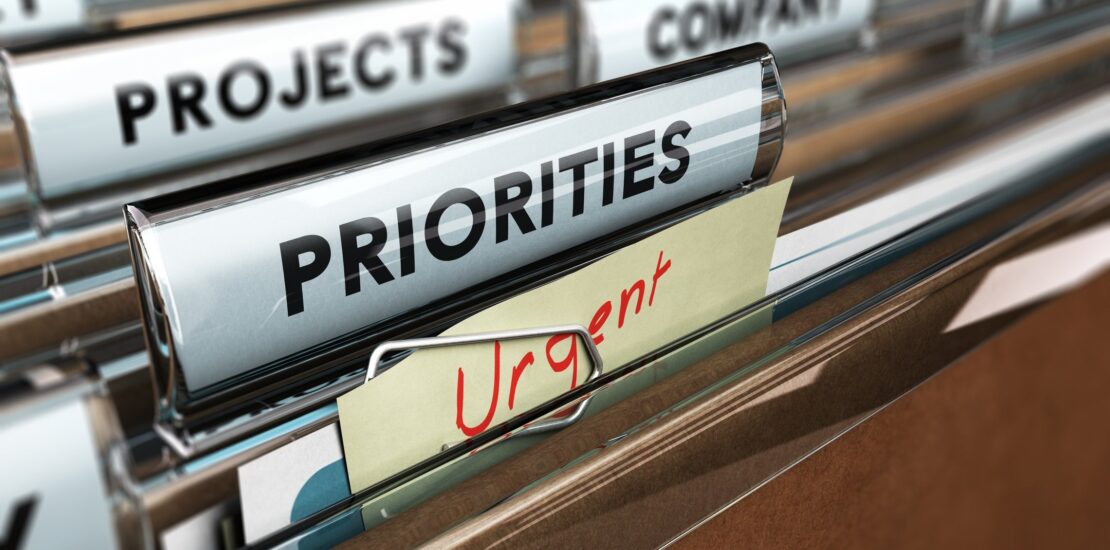-
Discovered – Data Reveals the Second Biggest Obstacle to Closing More Sales
- May 7, 2018
- Posted by: Dave Kurlan
- Category: Understanding the Sales Force

Whichever way you turn, wherever you look, and whatever you listen to there is data. Polls, surveys, metrics, analytics, analyses, white papers, graphs, charts, infographics, tables, spreadsheets and more. There is data everywhere. 5 of my last 10 articles were based on data and I know that my regular readers love the articles that are based on data so I am writing about data again today.
-
Improve Your Win Rate and Shorten Your Sales Cycle by Doing This
- April 11, 2018
- Posted by: Dave Kurlan
- Category: Understanding the Sales Force

In September I wrote this article on the difference between asking good, tough and great questions.
I included examples all three types of question in the article.
There is also a proper sequence: Good question. Tough Question. Great question.
You will get immediate feedback on how effective your questions are: Your prospects will say, “Good question” when you ask one. They will say, “Great question” when you ask one. And they will stop and struggle before answering one of your tough questions.
Many salespeople make the mistake of preparing questions in advance. Salespeople who do that might be able to stumble onto one good question. But great questions and tough questions must be spontaneous and in response to something your prospect already said when they answered prior questions.
I’ll share a role-play from a training program that wonderfully demonstrates what I’m talking about as well as the kind of listening skills required in order to ask good, tough and great questions.
-
Solitaire and Modern Sales Training – What Should it Cover and Include?
- October 6, 2014
- Posted by: Dave Kurlan
- Category: Understanding the Sales Force

I’ve been playing one of those Solitaire games on my iPad and I can routinely score in the neighborhood of 2 minutes and 30 seconds, with my best time being just under 2 minutes. I thought I was doing pretty well until I realized that my wife routinely scores between 1 minute and 1:20 seconds with her best scores (not score) being under 1 minute. She has scored as low as 48 seconds.
If not for my wife, I would have thought I was a real pro at Solitaire!
This is exactly how many CEO’s, Presidents and Sales VP’s view their sales forces. Without anything or anyone with whom to compare, they form their judgements on sales effectiveness in a vacuum. I routinely hear things like, “We have a custom sales process.”, and “We’ve been working on consultative selling.” Yet, after a sales force evaluation has been completed, those same companies are routinely found to have been lagging, not leading, in those areas.
When it comes to providing sales training for your sales force, what exactly, should modern training include?
-
Professional Sales and the All-Star Jazz Performance
- August 16, 2010
- Posted by: Dave Kurlan
- Category: Understanding the Sales Force
Professional Selling is just like being in an All-Star Jazz Ensemble. It’s being so good and so experienced, that one can perform perfectly, on demand, in any environment, despite tremendous pressure, regardless of product knowledge and expertise.
How many of your salespeople have this capability?
-
Sales Velocity – 6th of the 10 Kurlan Sales Competencies That are Key to Building a Sales Culture
- October 20, 2009
- Posted by: Dave Kurlan
- Category: Understanding the Sales Force
This is the 6th is my series of articles on the 10 Kurlan Sales Competencies That Are Key to Building a Sales Culture.

